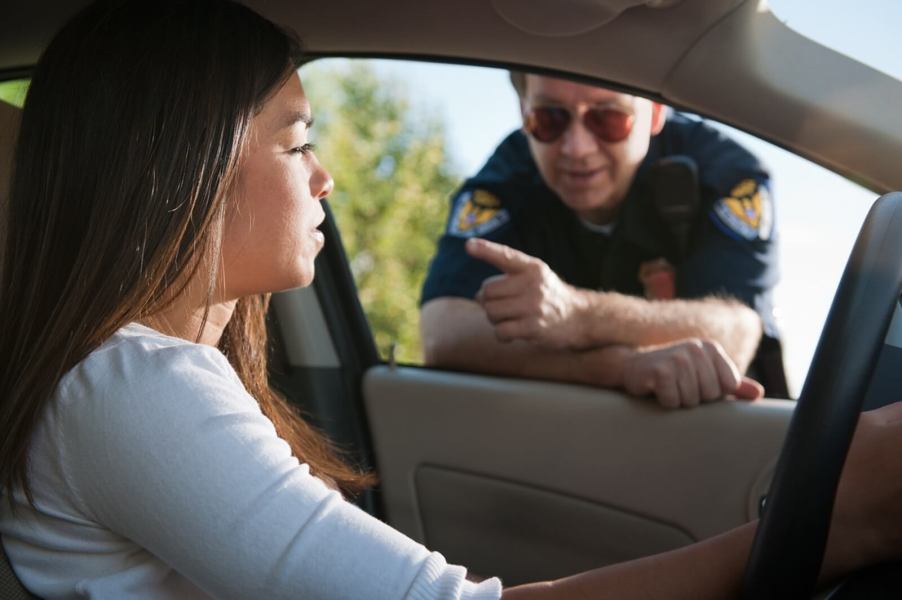
Do traffic warnings go on your record?
I don’t have to remind you that law enforcement officers have a lot of power. One of those allowances is the authority to pull over motorists and issue tickets. Fortunately, they can just as easily give a verbal or written warning. As they suggest, a warning is far preferable to a citation. But do traffic warnings go on your record?
Traffic warnings don’t typically go on your driving record, but they shouldn’t be taken lightly
It’s true. Verbal or written traffic warnings from police officers typically don’t go on your driving record. While that’s good news, warnings aren’t extremely commonplace and stand in place of a potentially pricey citation.
After all, a police officer has the autonomy to let you go with a warning or slap you with an expensive ticket. Fortunately, in addition to not showing up on your driving record, a written or verbal warning won’t drive up your insurance rates.
Moreover, police officers generally issue informal verbal warnings or written warnings for mild violations. For instance, a law enforcement officer (LEO) will likely pull you over should you absent-mindedly roll past a stop sign without stopping. However, that officer may write you a $300 ticket. Yes, they get that steep. On the other hand, that officer might verbally warn you or issue you a written warning.
Seriously– it’s just that simple. According to Lexipol, some police officers may decide whether they’re going to issue a “warning or ticket before [they] ever contact the driver.” In the case of one police officer, they state that even that rule doesn’t necessarily ring true.
The police officer in question, a then-fresh cop, pulled over an SUV driving 80 mph in a 65 mph zone. To clarify, that would have been a pricey ticket. Furthermore, the authoring police officer said that they decided to ticket the motorist before pulling them over. However, after finding a sobbing wife, a devastated driver, and two small children aboard, the police officer decided to issue a warning instead.



